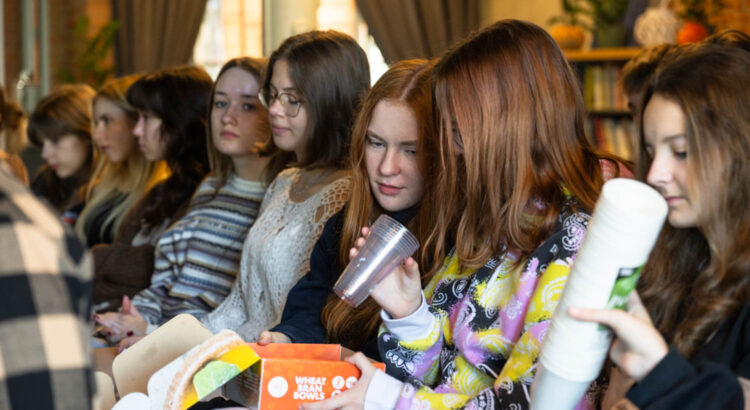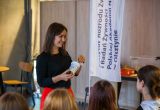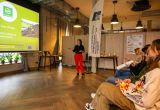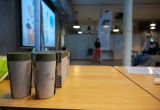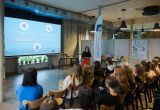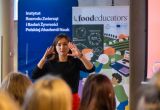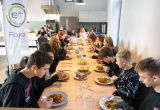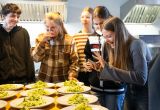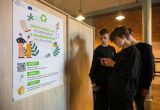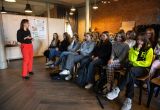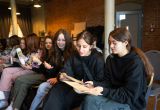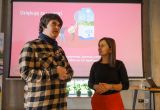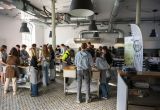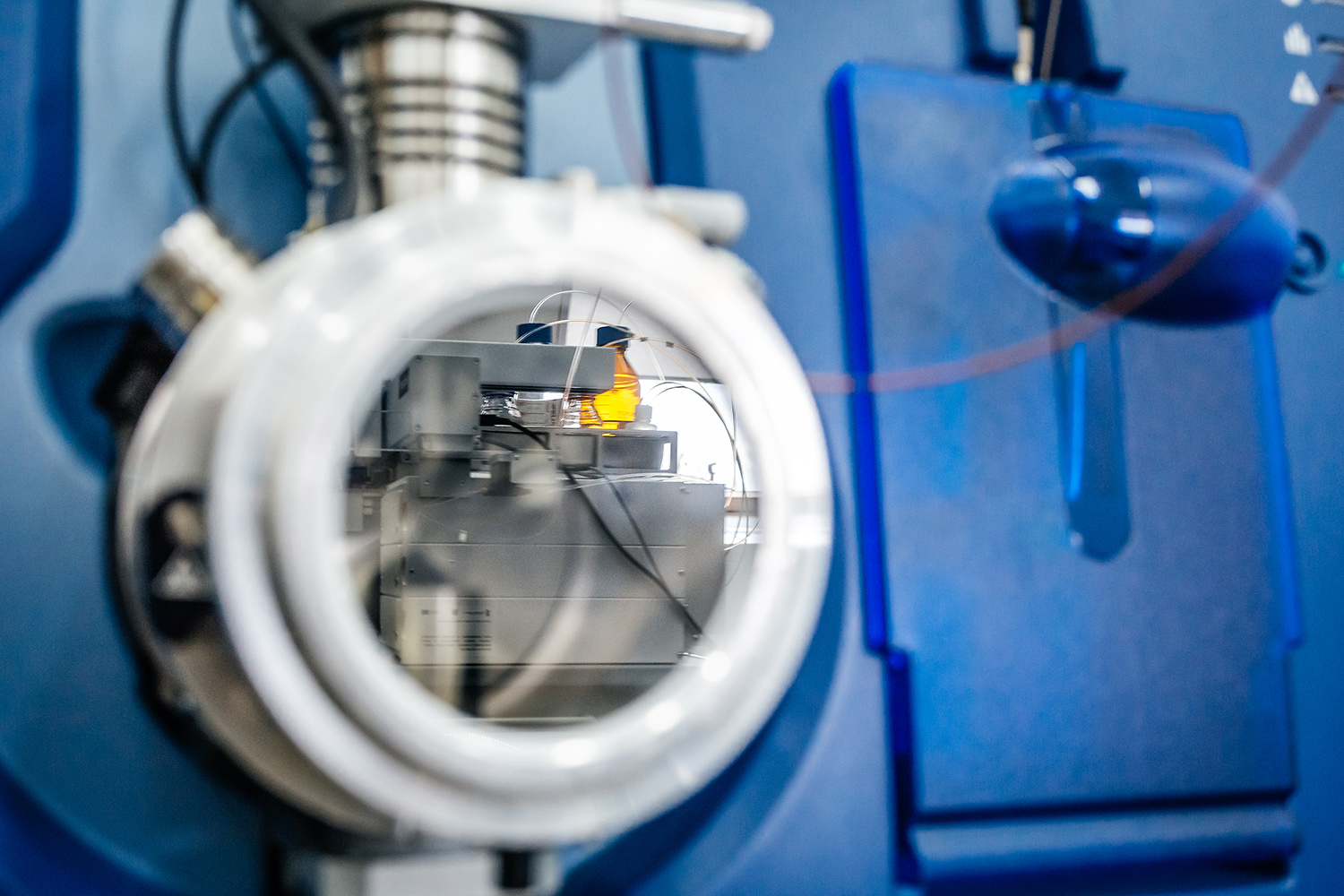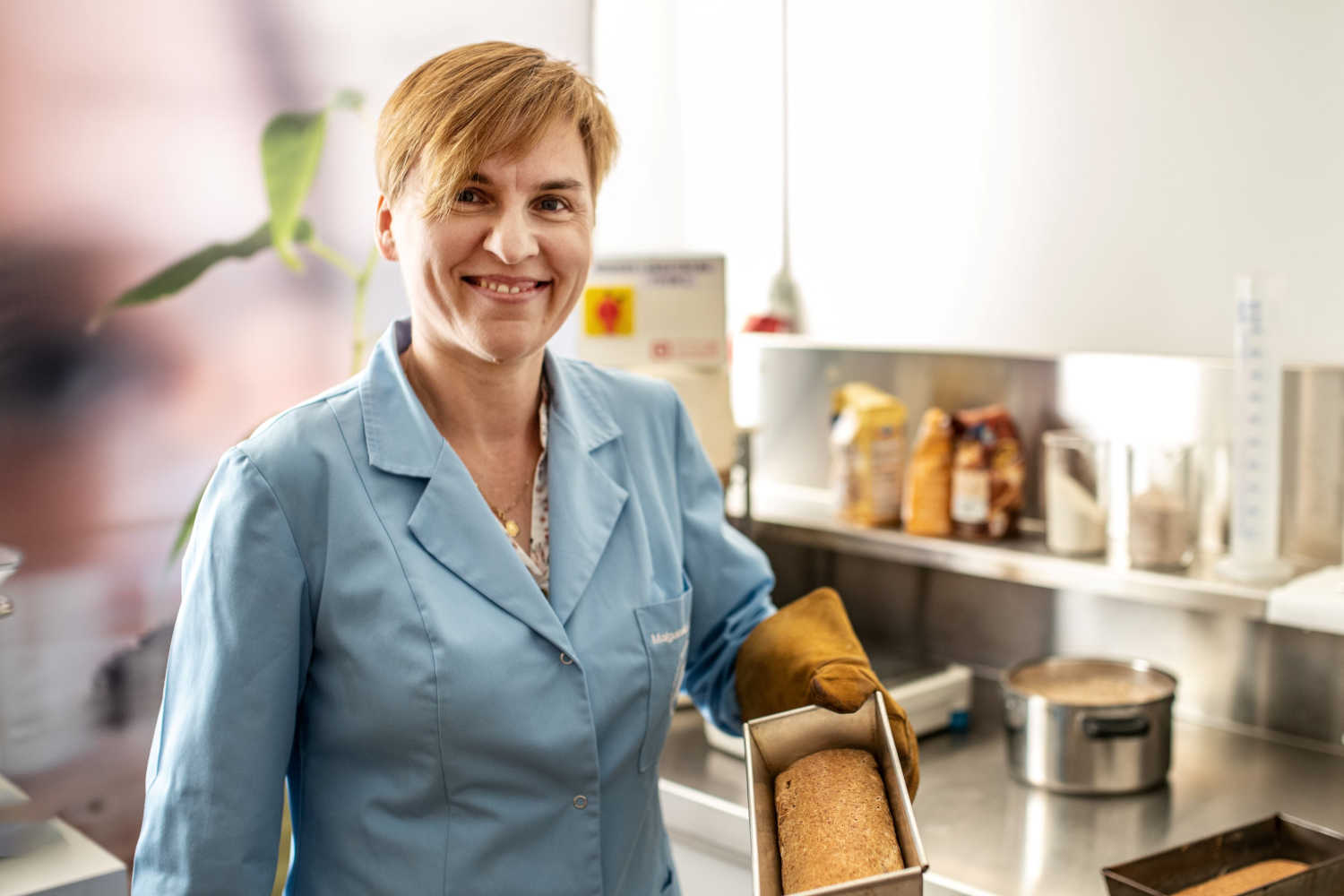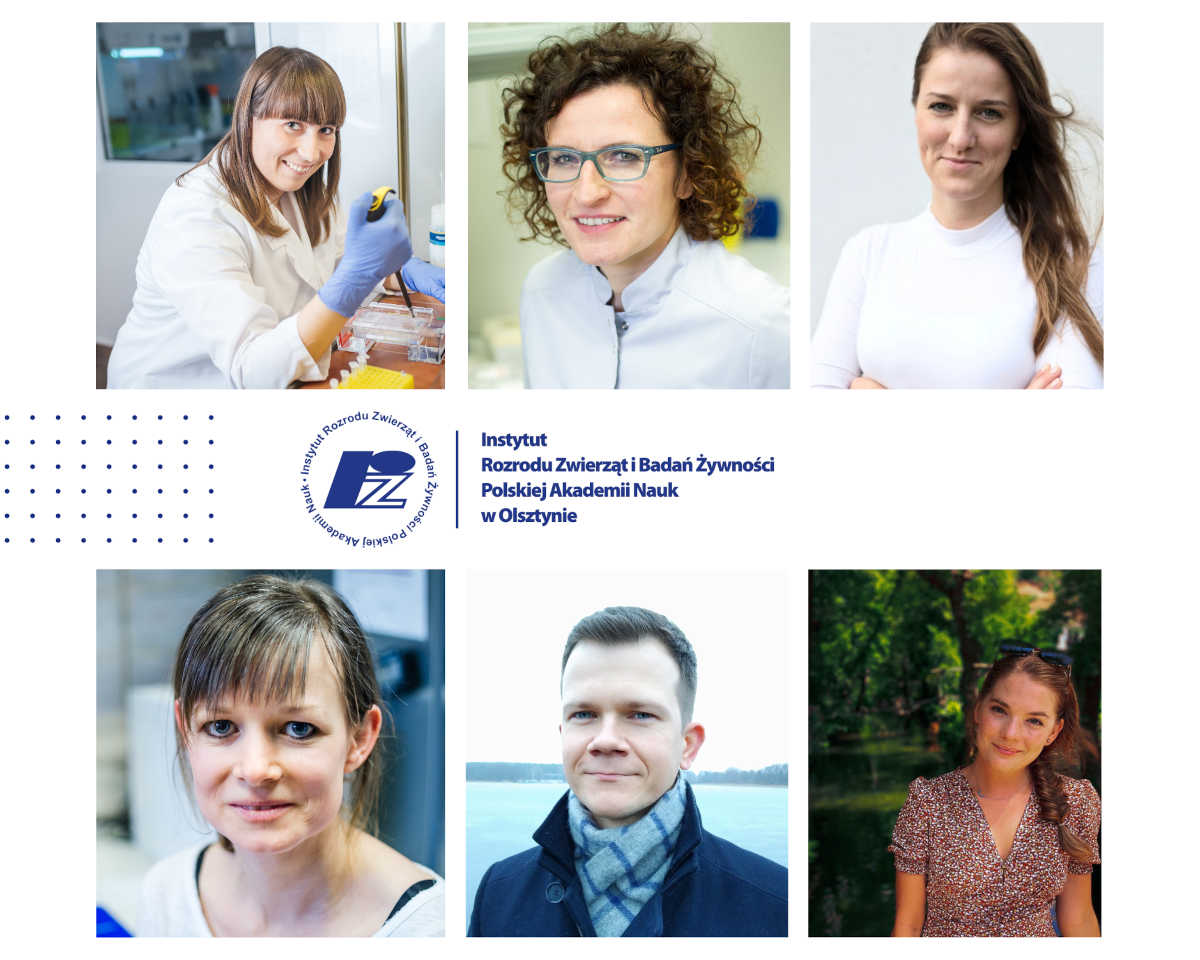
In an early stage of pregnancy, the dialogue between the developing embryo and mother is one of the key factors determining the success of the embryo implantation process in the uterus. Scientists from the Molecular Biology Laboratory of IARFR PAS have discovered another relationship that helps to understand this complicated process.
The results of their research indicate the key role of extracellular vesicles, i.e. unique molecular cargo carriers, secreted by both the embryo and mother.
DIALOGUE – A WAY TO SUCCESS
The mechanisms determining the proper maintenance of pregnancy in various species of mammals and the process of communication between the embryo with the mother (how it takes place and with what factors) are the topics of the scientific interests of Prof. Monika Kaczmarek, who heads the Molecular Biology Laboratory at the Institute of Animal Reproduction and Food Research of the Polish Academy of Sciences in Olsztyn.
– In early pregnancy, when the embryo reaches the uterus, intense communication begins between the embryo and the uterus. The exchange of signals is one of the factors determining the successful implantation (nesting) of the embryo in the uterine wall. How does this dialogue go? The embryo sends the signal: „I am here” and the uterus „responds” with a readiness to accept the embryo and providing the factors and nutrients necessary for its further development. It is known that hundreds of particles are involved in this dialogue, but despite the identification of many of them, the full understanding of the complexity of this mechanism still remains a mystery – says Prof. Monika Kaczmarek.
Understanding the communication process between the embryo and mother will allow researchers to answer questions about the causes of pregnancy failure, which may depend, among others. from genetic defects of the embryos, lack of readiness of the uterus to accept the embryo (i.e. uterine receptivity) or disorders of the mentioned dialogue.
USEFUL VESICLES
Research by the team of Prof. Monika Kaczmarek has shown that the early stages of embryo implantation are regulated by the replacement of extracellular follicles between the embryo and the endometrial (mucosa lining the uterine cavity).
– Extracellular vesicles (EVS) are nanoparticles covered with a membrane, secreted by all types of cells in living organisms. Recently, they have gained recognition as an important element of intercellular communication. What’s more, over the past decade, their role has become particularly important in the area of mammal reproduction biology, attracting the attention of many scientific teams and researchers around the world – describes the researcher.
The conducted works used a model of a home pig (Sus Scrofa), which has an extended preimplantation period, which facilitates investigating the dialogue between the embryo and the mother. Scientists isolated extracellular bubbles from uterine fluid taken in various days of pregnancy, and then confirmed their participation in maintaining this key communication.
– We have shown that during early pregnancy, uterine light abounds in extracellular vesicles, which transfer many molecules of miRNA capable of expression (a process, during which specific genetic information is decoded and transferred to „protein production”) of genes involved in the development of the embryo and the organism. Vesicles, after delivering trophoblast to primary cells, affect genes regulating development, as well as signaling and interactions between cells, as a consequence affecting proliferation (cell ability to multiply), migration and invasive abilities of trophoblast cells – explains Prof. Monika Kaczmarek.
On this basis, scientists conclude that the replacement of the unique population of extracellular follicles and their molecular load between the embryo and mother is the key to the success of the implantation of the embryo and the success of pregnancy.
The results of the above research were published in The FASEB Journal. They constitute an important element of Dr. Joanna Szuszkiewicz’s doctoral thesis.
RESEARCH CONTINUED
The extracellular vesicles are also the subject of subsequent scientific publications of the team of researchers from IARFR PAS in Olsztyn, which have just appeared in the magazines: Cell Communication and Signaling and The FASEB Journal. They are part of the doctoral thesis of Maria Guzewska.
– We have shown that the synthesis of extracellular vesicles in the uterus is dependent on embryonic signals. In addition, we have shown that the miRNA embryo present in cells regulates the expression of genes that determine the formation of a specific EVs population secreted by the embryo. This groundbreaking discovery indicates the key role of the embryo and its signals in defining subsequent stages of pregnancy involving extracellular vesicles – emphasizes prof. Monika Kaczmarek
